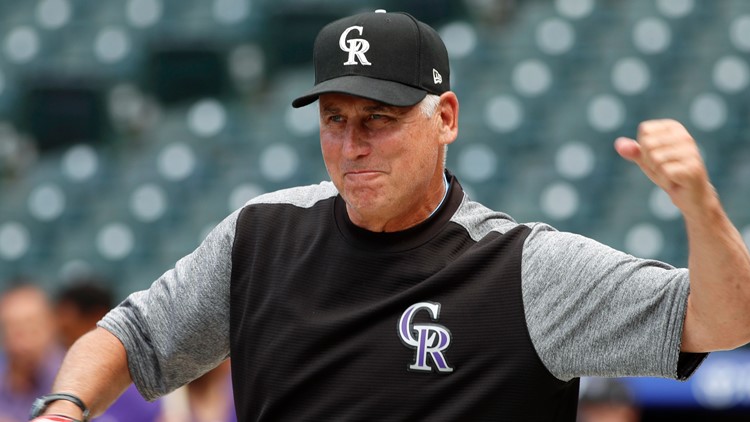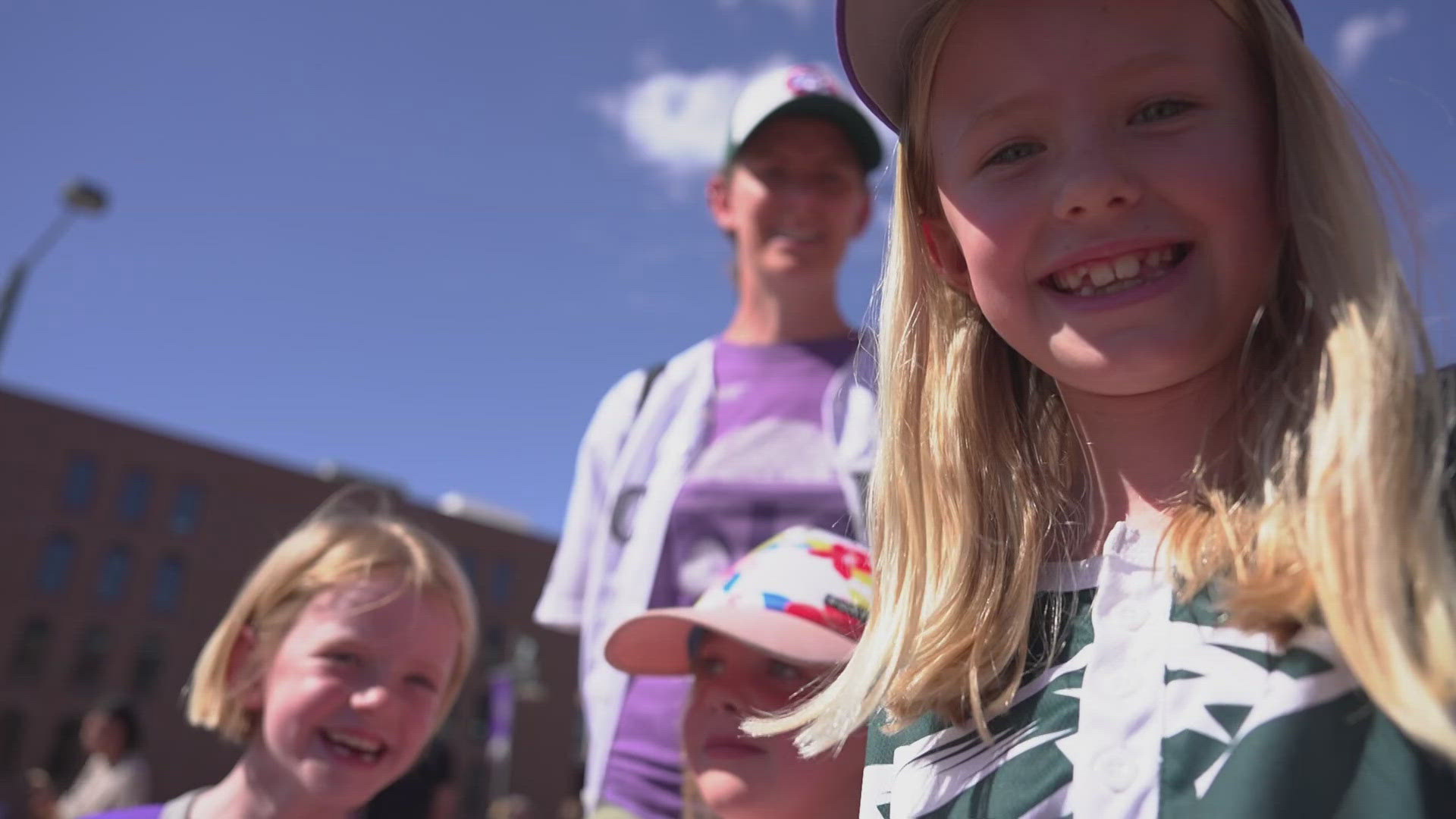DENVER — Twice in their 27-season history, the Colorado Rockies would have been National League West champions had their seasons been called after 60 games.
The first time was 1995. Behind 6 shutout innings by Kevin Ritz and strong bullpen work, they beat the Los Angeles Dodgers, 2-1 at Dodger Stadium – the year and score told you the game wasn’t at Coors Field – on Friday, June 30, a win that lifted the Rockies’ record to 32-28, a half-game ahead of the 32-29 Dodgers.
The Dodgers went on to win the NL West while the Rockies settled for the wild card with a second-place, 77-67 record.
The second successful 60-game start was just three years ago, in Bud Black’s first season as Rockies manager in 2017. The Rockies jumped to a 37-23 record at the 60-game mark, which gave them a 2.0-game lead over the second-place Dodgers and Diamondbacks.
The Dodgers wound up winning the NL West going away with a 104-58 record – 11.0 games better than the second-place Diamondbacks; 17 games ahead of the 87-75 Rockies.
A common belief is as the season wears on, Rockies pitching wears down from all working all those games in the high-stress environment of altitude. A 60-game schedule, though, may give Colorado’s pitchers a fighting chance.
After a coronavirus shutdown that melded into a labor dispute, Major League Baseball and the players union reached agreement Tuesday night on a better-than-nothing 60-game season with Opening Day tentatively scheduled for July 24. That means 102 games for each team have been cancelled.
Given the Rockies have never won a division title in a 162-game season, a contracted 60-game season can’t hurt their chances. In their 27 previous seasons, the Rockies have performed worse after the 60-game mark 16 times; posted a better record after 60 games eight times – including their spectacular, white-hot finish in 2007 that propelled the team to its only World Series appearance – and were more or less unchanged three times (below mediocre at the 60-game mark, and after).
Besides two 60-game division titles, the Rockies also would have had two .400 hitters – Andres Galarraga in 1993 and Larry Walker in 1997 -- had the seasons been called off after 60 games.
Here are the Rockies’ top 10 single-season individual batting averages and where those players stood at the 60-game mark:
Player, Yr…………………0… AVG … Game 60
Larry Walker, 1999 ………… .379 ….. .380
Todd Helton, 2000 ……….… .372 ..… .392
Andres Galarraga, 1993 .…. .370 ..… .403
Larry Walker, 1997 ………... .366 ..… .422
Todd Helton, 2003 ……….… .358* .. .323
Larry Walker, 2001 ……….... .350 .… .348
Mike Kingery, 1994 ……….... .349 …. .338
DJ LeMahieu, 2016 ..….…… .348* .. .323
Todd Helton, 2004 …….…… .347 * .. .343
*Post humidor
The Rockies would have only had one, 10-game winner at the 60-game mark. Ubaldo Jimenez was 15-1 and 17-2 at one point in 2010 before fading and settling for a 19-8 mark.
Most wins by a Rockies pitcher in a single season and where they stood at the 60-game mark:
Pitcher, Yr …....................... W-L …. Gm 60
Ubaldo Jimenez, 2010 ....… 19-8 …. 11-1
Kyle Freeland, 2018 …....… 17-7 …. 6-5
Jeff Francis, 2007 …....…… 17-9 …. 5-4
Pedro Astacio, 1999 …...... 17-11 … 6-5
Kevin Ritz, 1996 ….....…… 17-11 … 7-4
Jason Jennings, 2002 .....… 16-8 … 7-2
Aaron Cook, 2008 ……....... 16-9 …. 8-3
Jorge De La Rosa, 2009 … 16-9 … 2-6
Shawn Estes, 2004 ………. 15-8 … 6-3
Ubaldo Jimenez, 2009 ….. 15-12 … 4-6
Jason Marquis, 2009 …..... 15-13 … 8-4
A 162-game schedule separates the contenders from pretenders. Pretenders have been known to stay hot for two months, though. Could the Rockies win plenty in 2020? Team history says the possibilities are greater in a 60-game season than 162.



